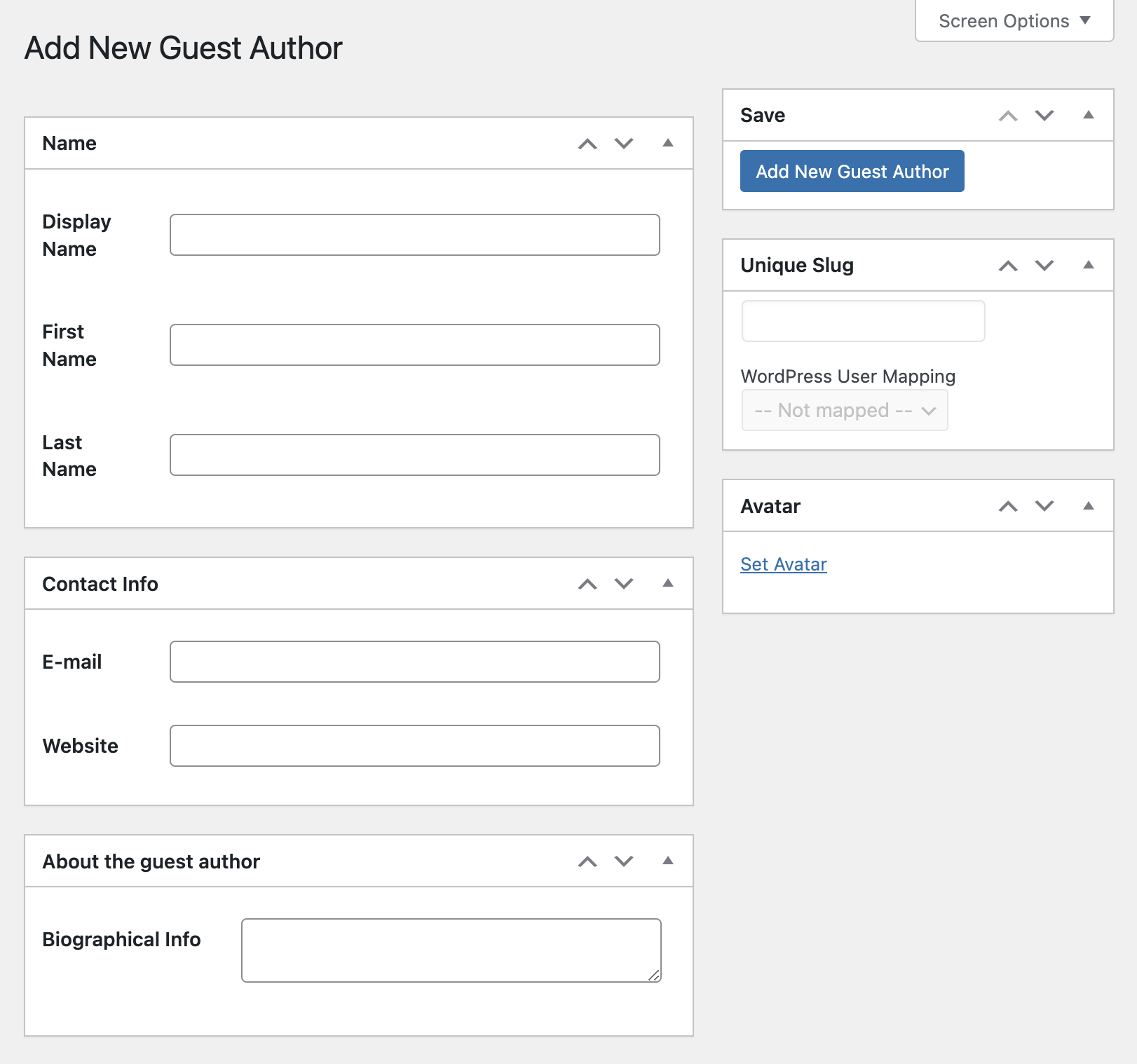
Co-Authors Plus
Assign multiple bylines to posts, pages, and custom post types with a search-as-you-type input box.
- Frequently updatedVery good! This plugin is actively maintained and the last update was released 9 days ago.
- This plugin is tested with the last major release of WordPressContent for list item
- Compatible with the latest major PHP releaseThis plugin requieres PHP 7.4 or higher. The latest stable PHP 8.4.14 was released on 23 October 2025
- No unfixed plugin vulnerabilitiesContent for list item
Ratings
77
Active installs
20K
Total Downloads
1 M
Support Threads
1
Last updated
20 October 2025
Added
24 April 2009
Versions
- Version 3.4
- Version 3.5
- Version 3.6
- Version 3.7
- Version other
Screenshots
Rating
Based on 77 on WordPress.org

